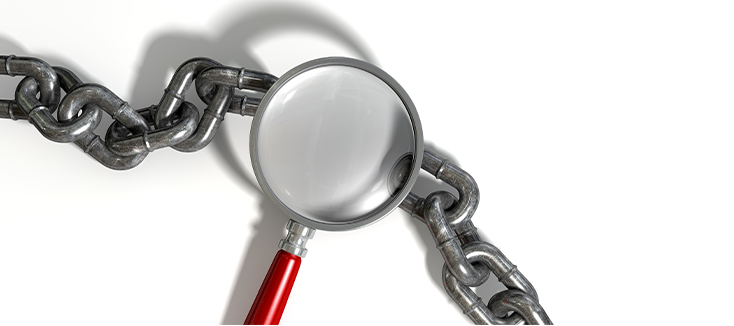When you have a high volume of transesophageal echocardiogram (TEE) ultrasound probes that need reprocessing, it might start to feel like electrical leakage testing is unnecessary and just about checking another box, but this is not the case. When reprocessing TEE ultrasound probes, it is vital to perform electrical leakage testing after every single use. While the reasons for electrical leakage testing are numerous, there are three reasons that really stand out:
- Standards compliance
In order to be compliant with standards set by the Intersocietal Accreditation Commission (IAC), The Joint Commission (TJC), the International Electrotechnical Commission (IEC), and others, your facility must test TEE probes for electrical leaks in between each use. If you want your facility to be able to boast compliance with all these standards, following these rules is necessary. The IAC’s protocol is pretty standard: “The structural and electrical integrity of the transducer must be checked between each use, using an ultrasound transducer leakage tester. ‘Passed’ or ‘Failed’ must be documented in the routine TEE probe cleaning / maintenance log along with action taken if ‘Failed.’” Whether your institution is IAC affiliated or not, this standard is best practice for the safety of your patients and protection of your probes.
- Saving money on costly repairs
-
Performing electrical leakage testing between every use of a TEE probe is also beneficial for your facility’s bottom line. By testing TEE ultrasound probes between uses, you are able to catch minor breaks and failures in your probes early on, before they become too severe. If a small tear or other damage is discovered early, the probe can be repaired quickly and at minimal cost. If, however, you skip electrical leakage testing between uses, minor damage to a TEE probe will have time to develop into a more serious problem, resulting in the need for more costly repairs or even replacement. Just ensuring that you always test your probes for electrical leaks can save your facility some serious cash.
-
- Patient and operator safety
-
Finally, the most important reason you need to be sure never to skip electrical leakage testing on your TEE probes is the safety of patients and operators. At CS Medical, our goal is to be able to play a part in helping patients get and stay healthy; we know you share that goal. Performing electrical leakage testing between every use helps ensure that we can achieve this goal. If probes are not checked for electrical leaks between uses, there is the very real possibility that a patient can be severely and even lethally electrocuted. To make matters worse, the electrical current that would be sent through a patient could even make its way into the operator, leading to a very dangerous situation. To keep patients and healthcare workers safe, checking probes for electrical leaks between each use is vital.
In order to help your process be more streamlined and to help ensure that your probes are tested in between each and every use, we are providing a safe and effective method of conducting electrical leakage tests within the disinfectant reservoir of our TEEClean Automated TEE Probe Cleaner Disinfector and our TD 100 Automated TEE Probe Disinfector. Additionally, TEEClean provides you with printouts to keep in your records detailing information about whether electrical leakage testing was performed and whether your TEE probe passed the test.
Always remember to check your facility’s TEE ultrasound probes for electrical leaks in between each and every use; it will keep your facility compliant with standards, keep money in your pocket, and the lives of your patients may depend on it.
-


